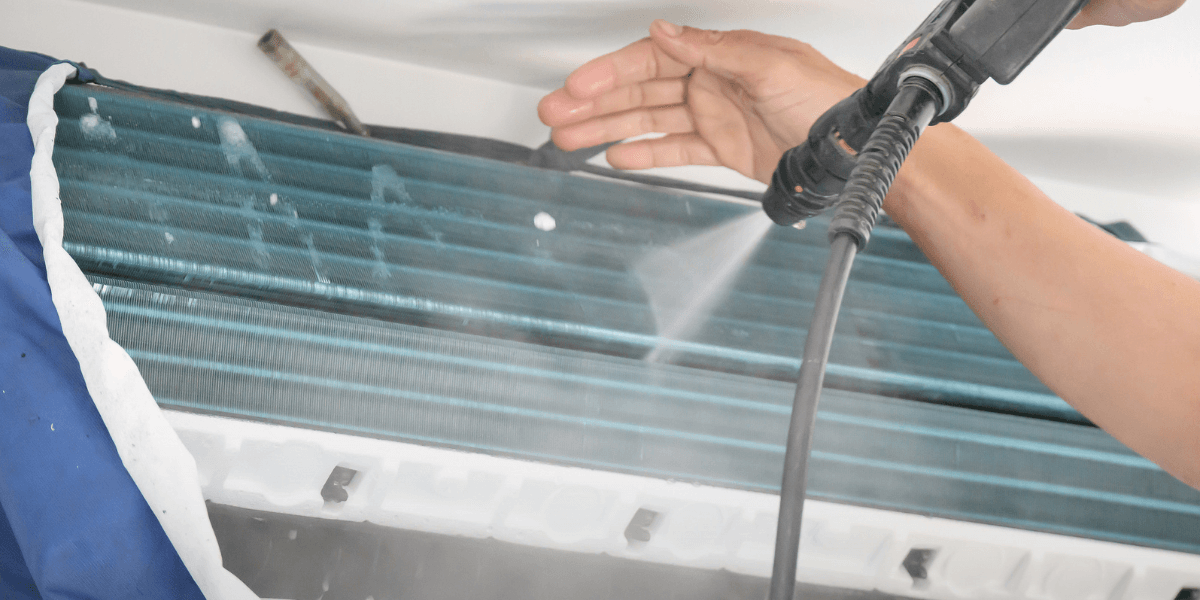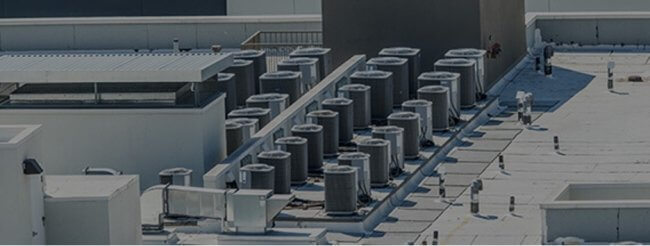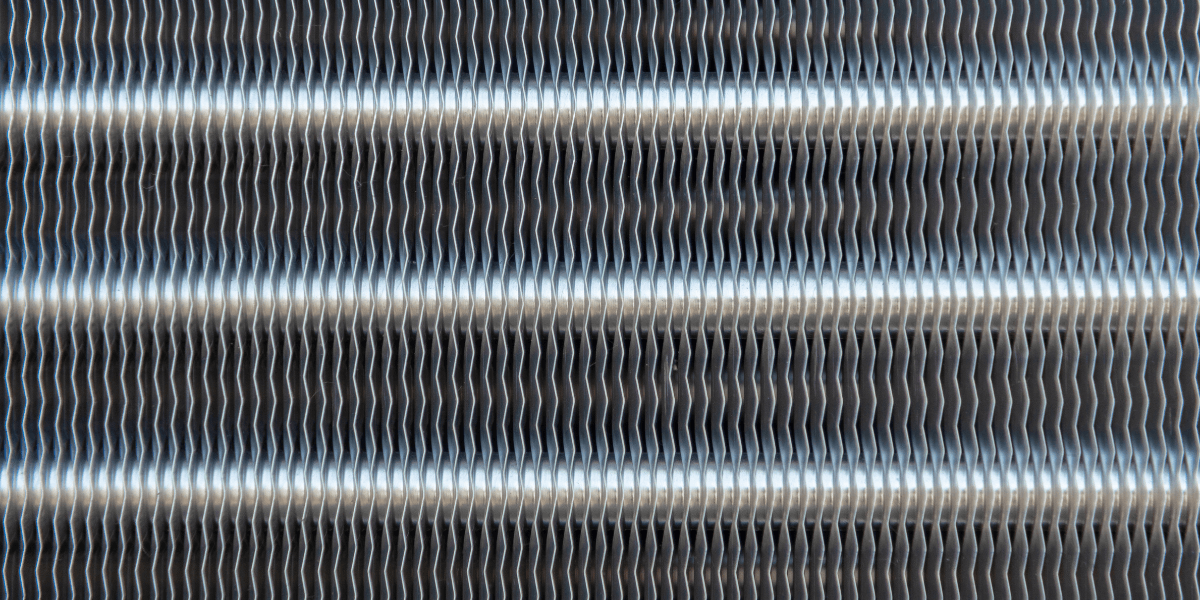How to Clean AC Coils | Microchannel Coil Cleaning Guide

Keeping your AC coils clean isn’t optional. If your coils are clogged or dirty, your system has to work harder to do its job, which leads to wear and tear, higher utility bills, and even premature failure.
When we talk coils, we’re usually talking about microchannel coils at CS Coil. These advanced, compact heat exchangers are great for heat transfer but a little less forgiving when it comes to buildup. That means regular maintenance is absolutely necessary, not just recommended.
Microchannel AC Coil Cleaning 101
Microchannel coils are made with flat tubes and multiple flow paths. This design makes them efficient, but it also means debris and dirt can block airflow faster than with traditional coils.
- Reduced heat transfer = poor system performance
- Higher pressure and energy use = higher costs
- Long-term buildup = corrosion risk and coil failure
If your AC system’s acting up, dirty coils could be the reason (and it’s fixable!)
Signs It’s Time to Clean Your Coils
Not sure if your coils need attention? Here are some common red flags:
- Reduced cooling capacity
- Increased energy bills
- Ice forming on the coil
- Musty or foul smells near vents
If any of these sound familiar, don’t wait. Ignoring them only leads to bigger (and more expensive) problems.

How to Clean AC Coils: A Professional’s Guide
While some light maintenance can be done in-house, a full coil cleaning is best left to the pros (especially when dealing with microchannel coils.) Here’s how it’s typically done:
1. Power Down and Prep
- Shut off power to the unit.
- Remove panels to access the coil surface.
- Clear large debris with a soft brush or compressed air.
Don’t worry, techs are trained to do this safely and without damaging the fins.
2. Use the Right Coil Cleaner
- For microchannel coils, non-corrosive, non-acidic cleaners are a must. Look for coil cleaners that are labeled “safe for aluminum” or “microchannel-compatible.”
- Foaming coil cleaners are often used because they expand to lift dirt out of tight spaces without the need for scrubbing.
Avoid anything acidic, caustic, or oil-based. These can strip protective coatings, degrade metals, or leave residues that attract more debris.
Also, let the cleaner sit according to the manufacturer’s directions – usually 5 to 10 minutes. This allows it to dissolve stuck-on grime before rinsing.
If you’re unsure which product is right, your HVAC service provider or the CS Coil team can recommend options based on your equipment and environment.
3. Rinse Without Pressure
- High-pressure water can bend delicate coil fins. A low-pressure rinse is safer.
One wrong move here and you can damage the coil. That’s why trained hands matter.
4. Dry and Reassemble
- Coils are left to dry completely before panels are reinstalled.
- Power is turned back on and system performance is checked.

How Often Should AC Coils Be Cleaned?
It depends on your environment and usage, but here’s a general guide:
| Residential HVAC | Once a year |
| Commercial HVAC | 2-4 times a year |
| Dusty/Industrial Environments | Every 1-2 months |
If your system runs constantly or operates in a dirty environment, more frequent cleaning will prevent long-term damage.
Common Mistakes to Avoid
- Using harsh chemicals that eat away at coatings or metal
- Skipping routine maintenance and waiting for problems to show
- DIY pressure washing, which can flatten fins or strip coatings
- Cleaning without shutting off power, which can cause electrical hazards or system damage
- Using dirty tools or water, which can introduce new contaminants
- Neglecting the coil’s surroundings, like clogged air filters or blocked airflow, which cause recontamination
A little caution now saves a lot of cost later!
CS Coil Cleaning Solutions and Support
At CS Coil we build microchannel coils to perform, and we help you keep them performing! From guidance on proper cleaning practices to corrosion coating options that reduce buildup, we’re here to support your long-term system health.
Need help selecting the right AC coil cleaner? Not sure how often your system needs servicing? Looking to buy new evaporator coils, condensor coils, or fluid coolers? Reach out to our team ASAP. We’re here to help you protect your investment and keep your HVAC system running like it should.
Talk to CS Coil today and ask about our commercial coil solutions.